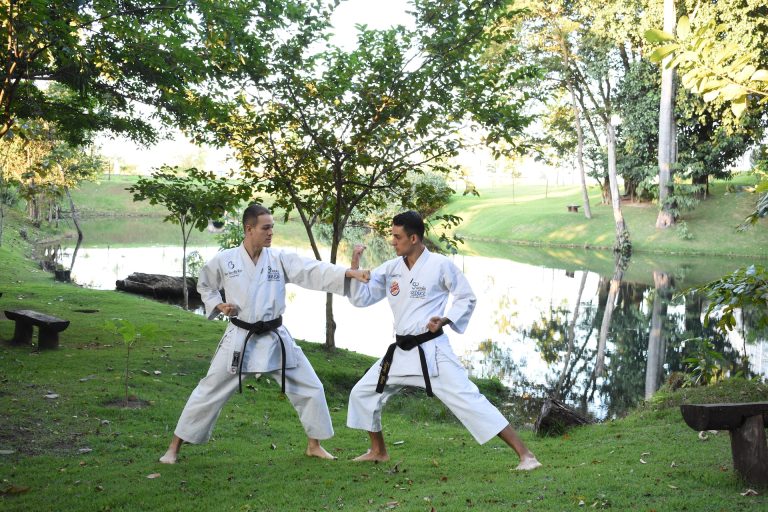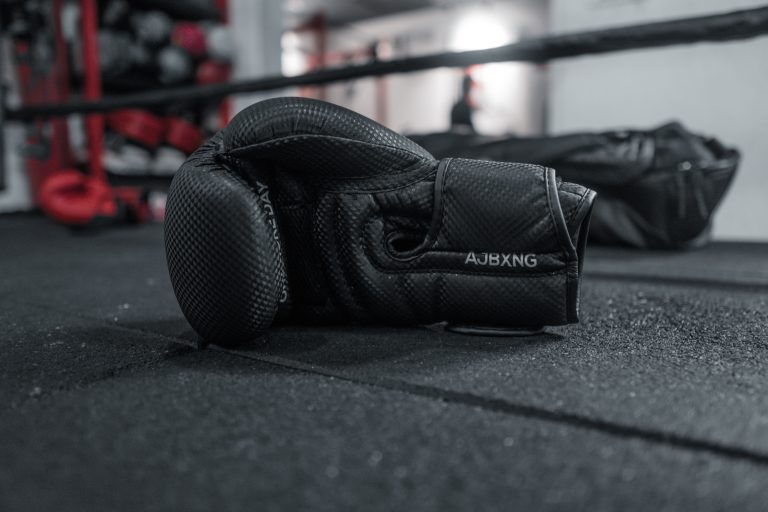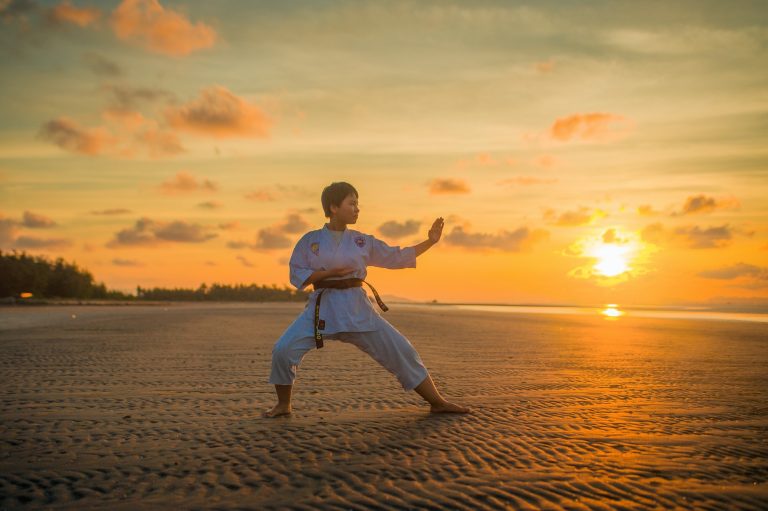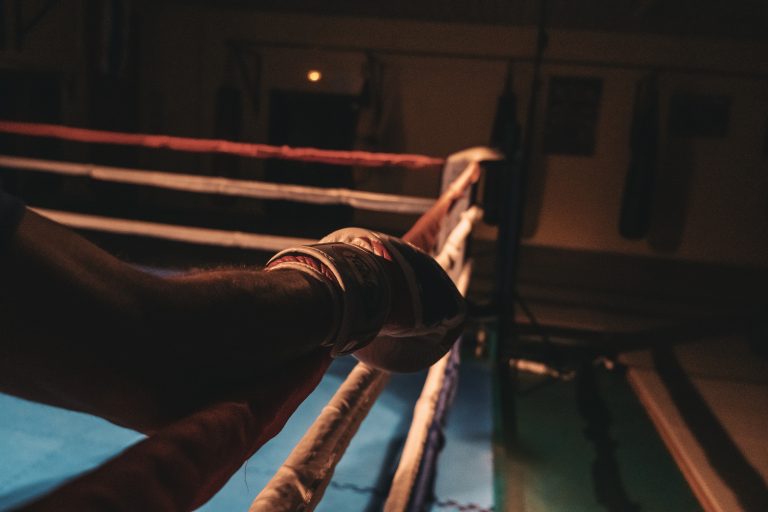What Are the Benefits of Practicing Karate?
Karate is one of the most widely practiced martial arts in the world today. It is an ancient form of unarmed combat that originated in Okinawa, Japan and has been practiced for centuries. Karate combines elements of both striking and grappling, allowing practitioners to master an array of self-defense techniques. In addition to its practical applications, karate has numerous physical and mental benefits that make it a great form of exercise. In this article, we will discuss some of the main benefits that practicing karate can offer.
Physical Benefits of Karate
Karate is a powerful form of exercise that can help people get in shape while learning to defend themselves. Here are some physical benefits of practicing karate:
- Improved Strength and Balance: Working on the various kata and drills taught in class can help improve strength and balance. By engaging the body in dynamic movements, karate can increase strength and stability, significantly improving physical fitness.
- Improved Coordination: As you practice karate, you will learn to coordinate your movements, both in terms of offensive and defensive maneuvers. Improving coordination can help reduce the risk of injury, especially during sparring sessions.
- Improved Flexibility: Flexibility is an important component of any martial art, allowing practitioners to move quickly and efficiently. Karate requires practitioners to perform a wide range of dynamic movements, which can help increase flexibility over time.
Mental Benefits of Karate
In addition to its physical benefits, karate can also have a positive effect on one’s mental health. Here are some mental benefits of practicing karate:
- Improved Concentration: Training in karate requires practitioners to focus on their technique as well as their opponents’ technique. This helps to improve concentration and overall focus.
- Increased Motivation: Practicing karate can help motivate practitioners by providing a goal to work towards, whether it is mastering a new technique or performing better in competitions.
- Increased Confidence: As one progresses in karate, they will likely gain more confidence in their own abilities. This confidence can translate into other areas of life, such as school, work and personal relationships.
- Stress Relief: Karate provides a sense of calm in a controlled environment. Practicing karate can help relieve stress and anxiety, as well as improve mood.
The Benefits of Karate Classes
Karate classes are an ideal way to learn the art while receiving the full range of physical and mental benefits it offers. Not only will classes teach you techniques and forms, but they will also provide a supportive environment where progress can be celebrated and motivation is abundant. In addition, attending classes allows you to practice with other people at similar skill levels, so you can get used to working with opponents and learning from each other’s mistakes. Finally, attending a class means having experienced instructors ready to help you with any questions or difficulties you may have.
Additional Resources
If you are thinking about trying karate, there are many resources available to help you get started. Here are some of the best:
- Getting Started With Martial Arts: A Beginner’s Guide
- Karate – Wikipedia
- What to Expect from Karate Classes | TK Feet Douglas
- The Amazing Benefits of Practicing Karate – Global Martial Arts
As you can see, there are many benefits to practicing karate both physically and mentally. Whether you choose to take classes or practice on your own, karate offers something for everyone. Don’t just take our word for it—give it a try and see the difference for yourself!
What Are the Benefits of Practicing Karate?
Karate is a traditional martial art that originated in Japan during the early 20th century. Since then, it has spread across the world and become a popular form of exercise and self-defense. Karate offers many benefits to those who practice it, both physically and mentally. In this blog post, we will answer some of the most frequently asked questions about the benefits of practicing karate.
1. What are the physical benefits of practicing karate?
Karate is a high-intensity workout that can help you achieve many physical benefits. Here are some of the most notable physical benefits of practicing karate:
a) Improved cardiovascular health
Karate training involves a lot of cardio exercises such as jumping jacks, burpees, and jumping rope. These exercises help increase your heart rate and improve your cardiovascular health.
b) Increased strength and flexibility
Karate involves many bodyweight exercises, such as push-ups, squats, and lunges. Doing these exercises regularly can help increase your muscle strength and flexibility.
c) Improved coordination and balance
Karate involves a lot of movements that require coordination and balance. Practicing karate can help improve your body awareness and balance.
d) Weight loss
Karate training is a highly effective way to burn calories and lose weight. According to Harvard Health, a 155-pound person can burn up to 744 calories during an hour of karate training.
2. What are the mental benefits of practicing karate?
Karate is not just a physical exercise, but also a mental one. Here are some of the most notable mental benefits of practicing karate:
a) Increased self-confidence
Practicing karate can help improve your self-confidence, as you learn new skills and techniques and become more comfortable with your body.
b) Reduced stress and anxiety
Karate training can help reduce stress and anxiety by providing an outlet for negative emotions and helping to calm the mind.
c) Improved focus and concentration
Karate involves a lot of mental focus and concentration, as you have to pay attention to your movements and react quickly to your opponent’s actions. Practicing karate can help improve your focus and concentration skills.
d) Improved discipline and self-control
Karate involves a lot of discipline and self-control. Practicing karate can help improve your ability to control your emotions and make better decisions.
3. Is karate suitable for children?
Yes, karate is a great activity for children. It can help children develop physical fitness, self-confidence, and discipline. It can also help children learn important life skills such as goal setting, teamwork, and respect for others.
4. Can karate be dangerous?
Like any physical activity, karate can be dangerous if not practiced properly. However, if you practice karate under the supervision of a qualified instructor and follow proper safety protocols, the risk of injury is minimal.
5. Can karate be used for self-defense?
Yes, karate can be used for self-defense. Karate techniques are designed to be effective in real-life situations, such as if someone tries to attack you. However, it is important to note that self-defense should always be a last resort, and you should always try to avoid dangerous situations if possible.
6. How long does it take to become proficient in karate?
Becoming proficient in karate takes time and dedication. It typically takes several years of consistent training to reach a high level of proficiency. However, you can start seeing benefits from karate training after just a few months.
Conclusion
Practicing karate offers many benefits, both physical and mental. It is a great way to improve your cardiovascular health, strength, flexibility, coordination, and balance. It can also help improve your self-confidence, reduce stress and anxiety, improve focus and concentration, and improve discipline and self-control. If you are interested in practicing karate, it is recommended that you find a qualified instructor and get started today.
Inhaltsverzeichnis






